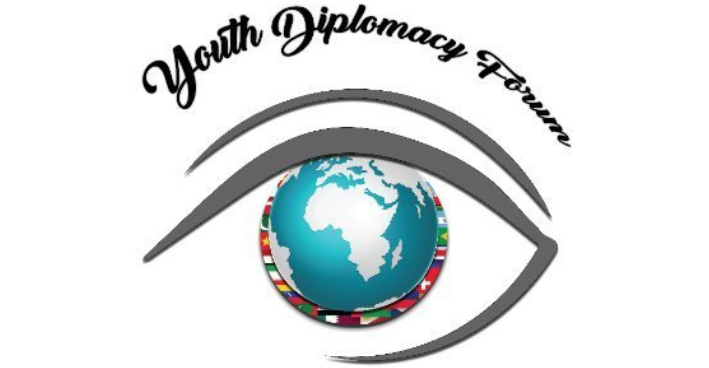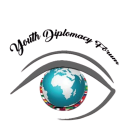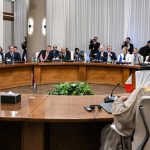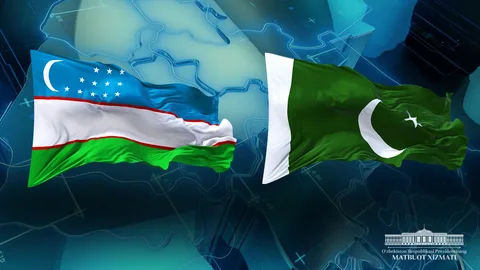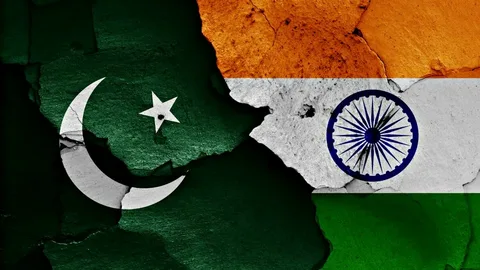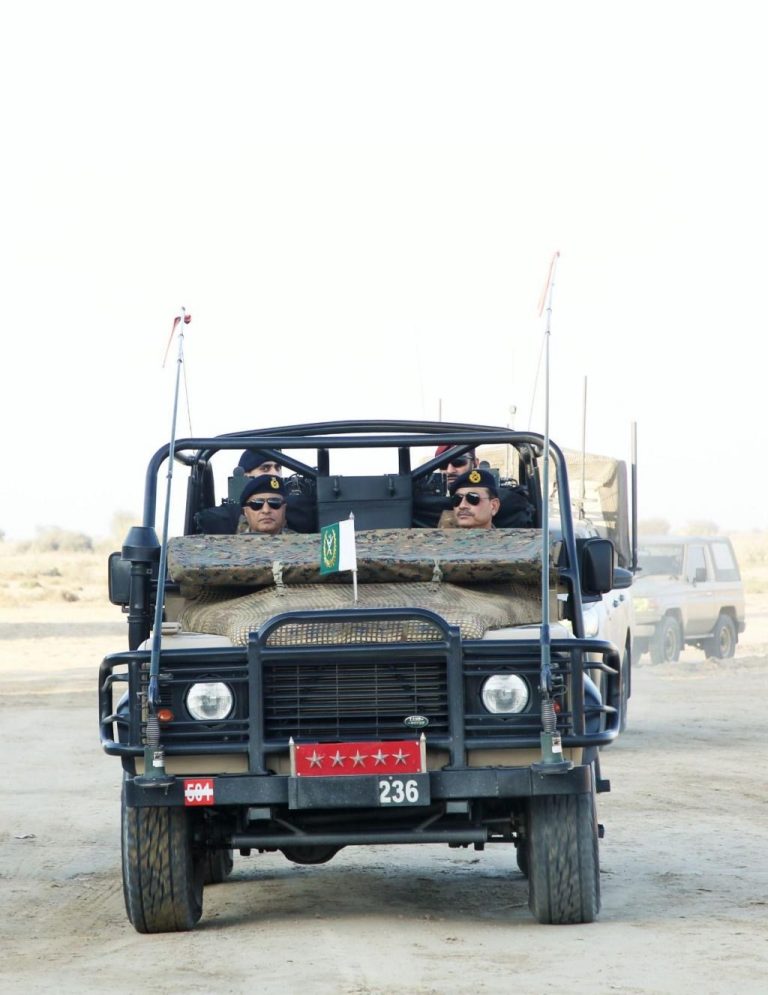In recent years, soft power has emerged as a vital instrument for states seeking influence without recourse to force. Coined by Joseph Nye in the late 1980s, soft power describes a country’s capacity to shape the preferences of others through appeal and attraction rather than coercion.
In an era defined by interdependence and global communication, nations that cultivate culture, values, and ideas effectively enjoy a competitive edge. This article examines the foundations of soft power, surveys its principal tools and case studies, outlines policy suggestions, and considers its prospective role in shaping international relations.
Fundamental Concepts (Soft Power)
Soft power rests on three core components: culture, political values, and foreign policies.
Culture encompasses a state’s art, music, literature, and lifestyle; political values refer to the ideals that underpin its domestic and international conduct; and foreign policy denotes the credibility of its diplomatic initiatives.
Together, these elements generate attraction, confer legitimacy, and enable persuasion.
Whereas hard power compels through military or economic pressure, soft power persuades through example and discourse.

Key Instruments of Soft Power
The multifaceted nature of soft power underscores its significance in contemporary international relations, as states leverage cultural diplomacy, educational exchanges, public engagement, and developmental assistance to cultivate a positive global image and foster mutual understanding among nations.
- Cultural Diplomacy
Through film, music, sport, and tourism, states project an appealing image abroad. For instance, international film festivals not only entertain but also showcase national creativity and openness.
- Educational and Exchange Programs
Scholarships, student exchanges, and research partnerships forge personal bonds and foster long-term goodwill.
Participants often return home with nuanced understandings of host societies, thereby nurturing favorable perceptions.
- Public and Digital Diplomacy
Social media platforms, global broadcasting services, and non-governmental networks enable direct engagement with foreign publics.
By disseminating news, ideas, and dialogue online, governments can shape narratives and counter misinformation.
- Development Assistance and Norm-Building
Aid linked to governance, human rights, and environmental standards promotes shared values. When delivered transparently, such assistance bolsters trust and highlights a state’s commitment to global welfare.

Illustrative Case Studies
A useful way to see these mechanisms at work is to examine a few prominent examples from around the world:
- South Korea’s Hallyu Wave
Over the past decade, Korean popular culture, K-pop, cinema, and television dramas have captivated audiences worldwide. Beyond entertainment, this phenomenon has driven tourism, boosted exports, and enhanced Seoul’s diplomatic standing. Consequently, South Korea enjoys both economic gains and an elevated global profile.
- European Union’s Erasmus Program
Launched in 1987, Erasmus has enabled over ten million students to study in another EU country. By living, learning, and socializing abroad, participants develop a shared European identity and, in turn, foster cohesion among member states.
- China’s Confucius Institutes
Established in 2004 to teach Mandarin and Chinese culture, these institutes have expanded rapidly. While they promote language skills and intercultural dialogue, some critics argue that they also serve political ends and constrain academic freedom.
- United States’ Fulbright Scholarships and Voice of America
The Fulbright scheme offers grants for study and research, creating enduring alumni networks that often advocate friendly ties with the United States. Meanwhile, Voice of America’s multilingual broadcasts inform global audiences and provide an alternative perspective to local media.
Challenges and Critiques
Measuring soft power’s impact remains problematic, for attraction is intangible and diffuse. Moreover, efforts may backfire if perceived as propaganda, thereby engendering mistrust.
Finally, a disparity in resources means that affluent states can outspend poorer counterparts, raising questions of equity and authenticity.
Propositions
Having established our foundational ideas, let us now explore the implications of these propositions.
- Integrate Soft and Smart Power
States should coordinate cultural, economic, and security tools. By aligning public diplomacy with development aid and defense cooperation, policies become more coherent and persuasive.
- Enhance Evaluation Metrics
Governments must invest in surveys, digital analytics, and case-based studies to assess program effectiveness. Such data enables fine-tuning of initiatives and ensures judicious use of resources.
- Prioritize Local Partnerships
A Co-creating project with domestic organizations fosters genuine ownership and mitigates perceptions of cultural imperialism. Involving local experts also ensures that content is contextually relevant.
- Leverage Technology
Artificial intelligence and social-media sentiment analysis can help target audiences more precisely and measure their responses. This enables timely adjustments and amplifies positive feedback loops.
- Foster Inclusivity
Showcasing diverse voices, from minority authors to regional artists, enriches cultural diplomacy and avoids the pitfalls of stereotyping. An inclusive approach broadens appeal and resonates across different communities.

Harnessing the Power of Influence: Building a Cooperative Future
Soft power remains a decisive force in twenty-first-century international relations. Through culture, education, digital engagement, and principled aid, states can cultivate attraction and legitimacy more sustainably than through force alone.
In an interconnected world, mastering soft power not only shapes alliances and public attitudes but also contributes to the resolution of transnational challenges such as climate change and pandemics. Ultimately, investing in the arts of persuasion and attraction today paves the way for a more stable, cooperative tomorrow.
This article is written by Asif Ali Shah who is doing MS in International Relations from the SZABIST University, Islamabad.
